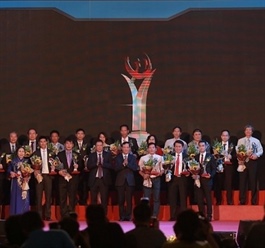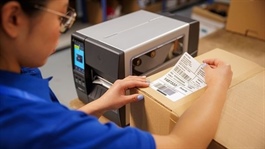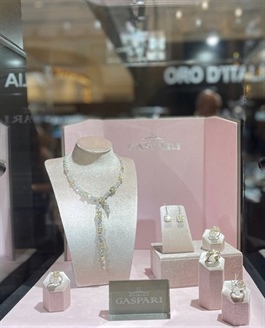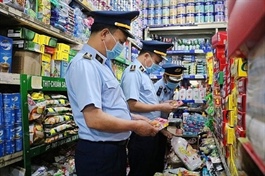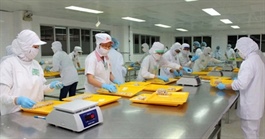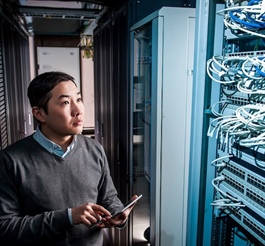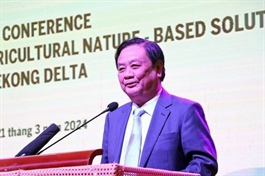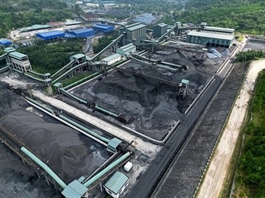Vietnamese PM calls on US firms to expand investment in, transfer tech to Vietnam
Vietnamese PM calls on US firms to expand investment in, transfer tech to Vietnam
Vietnamese Prime Minister Pham Minh Chinh urged U.S. enterprises to further expand their investment and technology transfer operations in Vietnam, especially in high technology serving emerging sectors, during a reception on Thursday for a delegation of 60 U.S. enterprises led by Ted Osius, president and CEO of the US-ASEAN Business Council (USABC) and former U.S. ambassador to Vietnam.
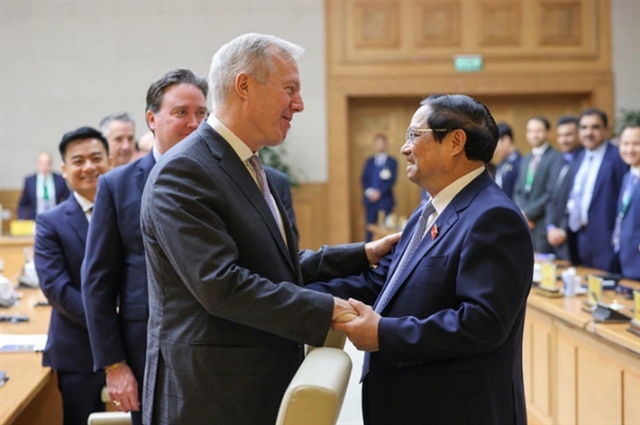
Vietnamese Prime Minister Pham Minh Chinh (R) and Ted Osius, president and CEO of the U.S.-ASEAN Business Council and former U.S. ambassador to Vietnam. Photo: Doan Bac / Tuoi Tre |
The new sectors include digital economy, circular economy, climate change adaptation, green transformation, sharing economy, and knowledge-based economy.
PM Chinh visited the U.S. on September 17-23 last year after the two countries announced the elevation of their bilateral relationship to a comprehensive strategic partnership, the highest level for Vietnam, on September 10, 2023.
The two sides agreed that cooperation in economy, trade, investment, science-technology, and innovation is among the key pillars to boost their ties in a more comprehensive and effective manner.
To support and accompany U.S. enterprises investing, manufacturing, and doing business in Vietnam, the government committed that foreign-invested enterprises would be always an important part of the Vietnamese economy.
The country will create favorable conditions for the segment to develop in the long term and compete in a healthy and fair environment.
Vietnam will also ensure the legitimate and legal rights and benefits of investors in the spirit of 'harmonious benefits, shared risks.'
The country pledged to maintain sovereignty and territorial integrity, political stability, social safety and order, along with policy stability so that investors can set their mind at rest.
PM Chinh affirmed that the Vietnamese government would listen to enterprises’ opinions and share their visions and actions for mutual benefits and development, contributing to upgrading the two nations’ relations to another new height.
He called on the U.S. businesses to urge Washington to soon recognize Vietnam's market economy and remove Vietnam from the U.S.’s list of countries with restrictions on hi-tech exports.
On behalf of the U.S. enterprises, Osius highly spoke of the increasingly improved investment environment in Vietnam and thanked the Vietnamese government for its support and companionship.
U.S. firms committed to continue investing in science-technology, electronics, aviation, electric vehicle manufacturing, logistics, energy, healthcare, finance, e-commerce, food, and tourism in Vietnam.
The U.S. business community was impressed by Fitch Ratings’ upgrade of Vietnam’s long-term national credit rating from BB to BB+ with a 'Stable' outlook late last year, Osius noted.
He added that Vietnam continues to cement its role as a vital manufacturing center and a crucial component in global supply chains. U.S. enterprises are excitedly discovering new cooperation opportunities in the Southeast Asian country.
On this occasion, several companies in the delegation announced new investment projects in Vietnam, including Pepsi, which plans to pour US$90 million into a food production factory in Ha Nam Province, northern Vietnam and $300 million in a beverage production plant in Long An Province in the south. The two projects will utilize renewable energy.
Several enterprises suggested that Vietnam continue to enhance its legal framework and undertake administrative reforms, particularly in the areas of investment licensing, work permit issuance, and visa procedures.
They also recommended that the Southeast Asian country further provide tax incentives in priority sectors, promote circular and green economy, green transportation, carbon emissions reduction, energy transition, infrastructure development, and logistics.
There are 1,286 valid U.S.-invested projects with total registered capital of $11.7 billion in Vietnam, making the U.S. the 11th-largest investor out of 143 countries and territories investing in the country, according to the Vietnam News Agency.



